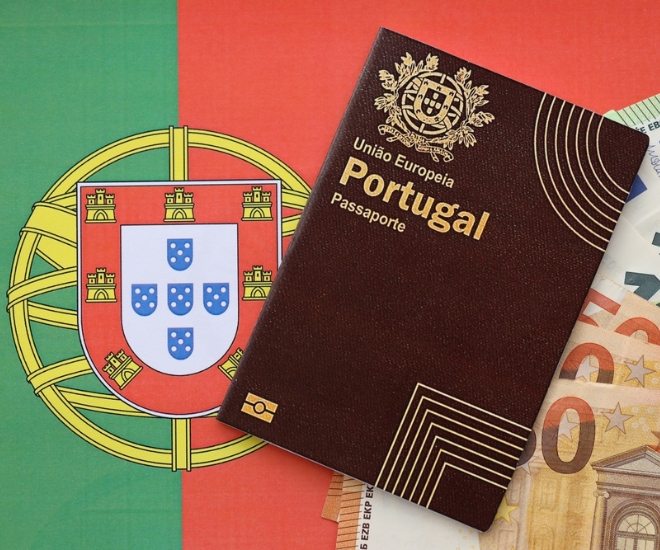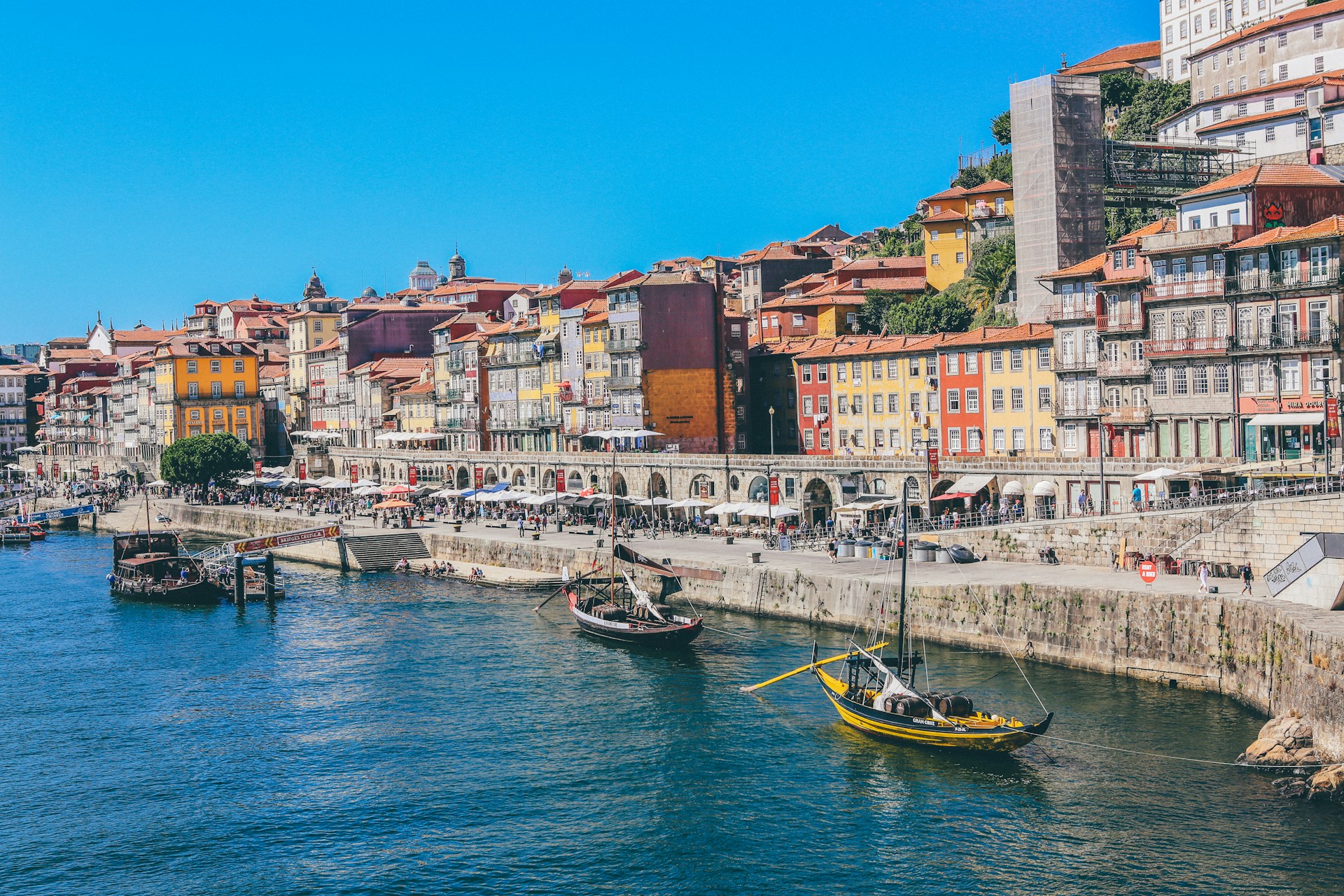
Portugal’s Golden Visa has undergone significant changes. Real estate? That route is largely closed off in prime areas like Lisbon and Porto.
But here’s the thing — the program is very much alive. It’s just evolved. And for affluent investors who want European residence, visa-free Schengen travel, and a pathway to EU citizenship, it remains one of the smartest plays available.
This guide breaks down exactly how the Portugal Golden Visa works in 2025, what your investment options are, and how to navigate the new regulatory landscape successfully.
 Image courtesy of PortugalPathways.io
Image courtesy of PortugalPathways.io
What Changed (And Why It Matters)
In October 2023, Portugal made a decisive shift. The government essentially killed the real estate pathway for investment migration in high-demand coastal areas.
Why? Property prices in Lisbon and the Algarve had skyrocketed. Locals were getting priced out. The government faced mounting political pressure to address housing affordability.
So they redirected the program toward fund investments, job creation, research support, and cultural preservation. The goal was to channel foreign capital into areas that benefit the broader economy rather than inflating property bubbles.
AIMA (Agency for Integration, Migration and Asylum) replaced SEF as the processing authority. Applications moved to a digital portal. Processing times, which had ballooned to 18-24 months during the backlog, are expected to normalize back to 4-6 months.
Current Investment Routes in 2025
Portugal now offers four main qualifying investment pathways. Each has distinct financial thresholds, risk profiles, and strategic considerations.
Investment Funds (€500,000 Minimum)
This has become the dominant route. You commit €500,000 into a qualified Portuguese investment fund—typically venture capital, private equity, or infrastructure funds.
The funds must be approved by the Portuguese authorities and often focus on innovation, technology, or sustainable development. Returns typically range from 3-5% annually, though nothing is guaranteed.
Liquidity is limited. Most funds have a 5-7 year lockup period, aligning with the residency requirement before you can apply for citizenship.
Research & Development (€500,000 Minimum)
You can invest €500,000 into scientific research or innovation projects conducted through accredited Portuguese institutions.
This route works well if you have specific interest in research sectors—biotechnology, renewable energy, AI. The financial return is typically lower than fund investments, but the social impact can be significant.
Arts and Cultural Heritage (€250,000 Minimum)
The most affordable entry point. Invest €250,000 in arts or cultural heritage projects—restoring historical buildings, supporting museums, funding cultural initiatives.
In low-density regions, the threshold drops 20% to €200,000. The catch? Finding qualified projects can be challenging, and financial returns are often negligible.
Job Creation (10 Jobs Minimum)
Establish or invest in a Portuguese business and create at least 10 full-time jobs for Portuguese or EU residents.
This route appeals to entrepreneurs who want operational control and business expansion into European markets. It requires active involvement and ongoing payroll commitments.

The Financial Reality Check
Beyond the base investment, budget for these costs:
Application fees: Approximately €5,325 for the initial government fee, €533 processing charge, and €2,663 for renewals every two years.
Legal and advisory fees: Expect €15,000-€30,000 for quality legal representation and compliance support throughout the application process.
Ongoing obligations: Maintaining Portuguese tax residency status, health insurance coverage, and physical presence requirements (7 days the first year, 14 days per subsequent two-year period).
The portuguese golden visa requires strategic financial planning beyond just meeting the minimum investment threshold.
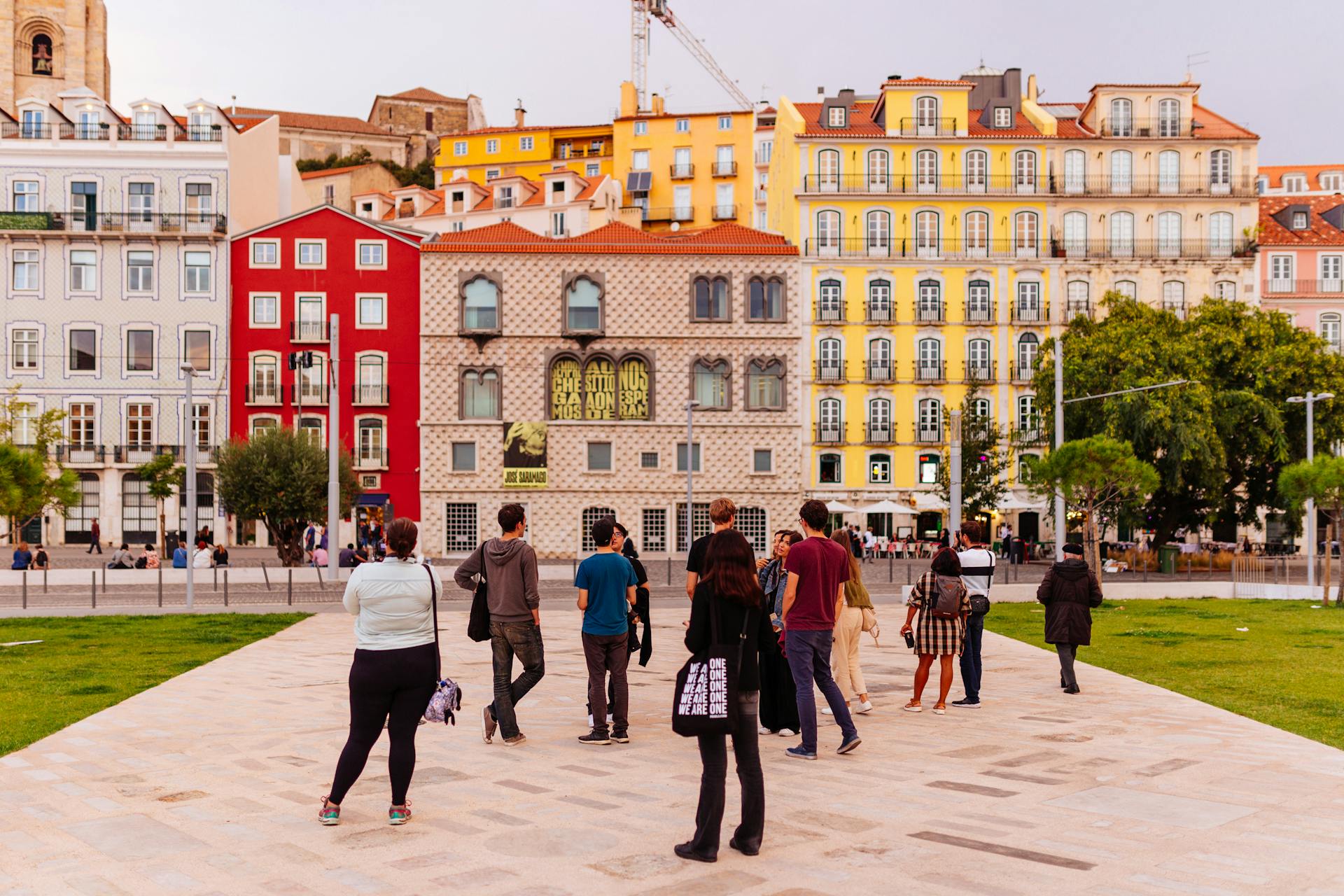
Portugal’s Lifestyle Appeal
Numbers aside, Portugal offers exceptional quality of life. Over 300 days of sunshine annually. World-class healthcare that consistently ranks in the top 15 globally.
The international school network is robust—British School Lisbon, St. Julian’s in Carcavelos, CLIP Porto, Nobel Algarve. Multiple curricula including British, American, and International Baccalaureate programs.
Lisbon’s Avenida da Liberdade and Príncipe Real neighborhoods rival any European capital for luxury living. Porto’s Foz do Douro offers coastal elegance with a more relaxed pace.
The Algarve remains the pinnacle of resort living—Quinta do Lago, Vale do Lobo, Vilamoura. Golf, marinas, Michelin dining, designer shopping, and gated communities with exceptional security.
Property prices in prime areas hover around €8,000-€12,000 per square meter. While you can’t use real estate as your Golden Visa investment in these locations anymore, nothing stops you from buying property separately once you have residency.
The Path to EU Citizenship
Here’s what most investors care about: after 5 years of residence, you become eligible for Portuguese citizenship.
Requirements include basic Portuguese language proficiency (A2 level), clean criminal record, and demonstrated ties to Portugal. The physical presence requirement is remarkably light—just 7 days in year one, then 14 days per subsequent two-year period.
Once naturalized, you hold an EU passport. Full freedom of movement—live, work, study anywhere across the European Union’s 27 member states.
Portugal allows dual citizenship, so you keep your original passport. And Portuguese citizenship passes to your children and grandchildren.

How Portugal Compares to Alternatives
Spain’s Golden Visa remains real estate-focused (€500,000 minimum) but requires more physical presence and offers no direct citizenship path.
Greece offers the lowest threshold (€250,000 property investment) with fast 3-6 month processing, but you can’t work in Greece, and citizenship takes 7 years with stringent language requirements.
Malta’s programs provide faster citizenship routes but cost significantly more—€600,000+ depending on the specific program.
Portugal balances affordability, flexibility, minimal stay requirements, and a clear 5-year citizenship pathway better than most European alternatives.
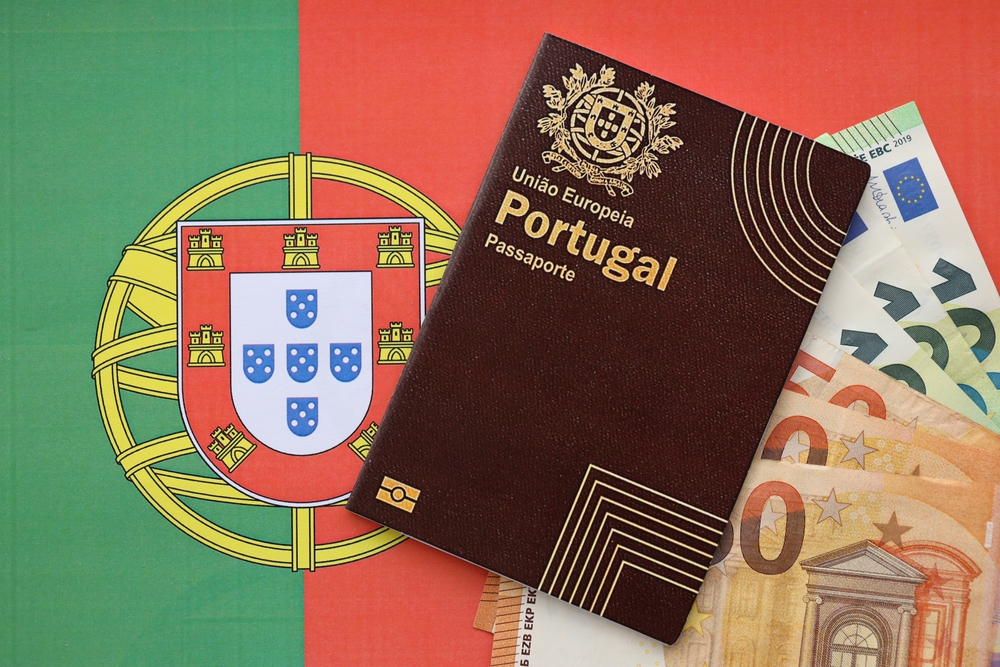
Common Application Pitfalls
Most rejections or delays stem from incomplete documentation or weak source of funds verification.
AIMA conducts rigorous due diligence. You must demonstrate legitimate origin of investment capital—bank statements, tax returns, business records, inheritance documentation. Vague explanations don’t cut it.
Criminal background checks must be clean and properly apostilled. Health insurance must meet Portuguese standards and cover the entire family if dependents are included.
Fund investments require careful vetting. Not all funds claiming Golden Visa eligibility are actually approved. Working with firms like Global Residence Index, which maintains direct relationships with qualified fund managers and government authorities, significantly reduces compliance risk.
Their parent company, Vancis Capital, brings additional institutional experience in navigating complex regulatory requirements across multiple jurisdictions.
Tax Considerations You Can’t Ignore
Portugal’s Non-Habitual Resident (NHR) regime historically offered exceptional tax benefits—10 years of preferential tax treatment on foreign income.
Recent reforms have tightened eligibility. The program still exists but faces increasing scrutiny. Professional tax planning is essential before triggering Portuguese tax residency.
Currency exposure matters too. Your entire investment sits in euros. For investors with primarily USD, GBP, or other currency assets, exchange rate movements can significantly impact effective returns.
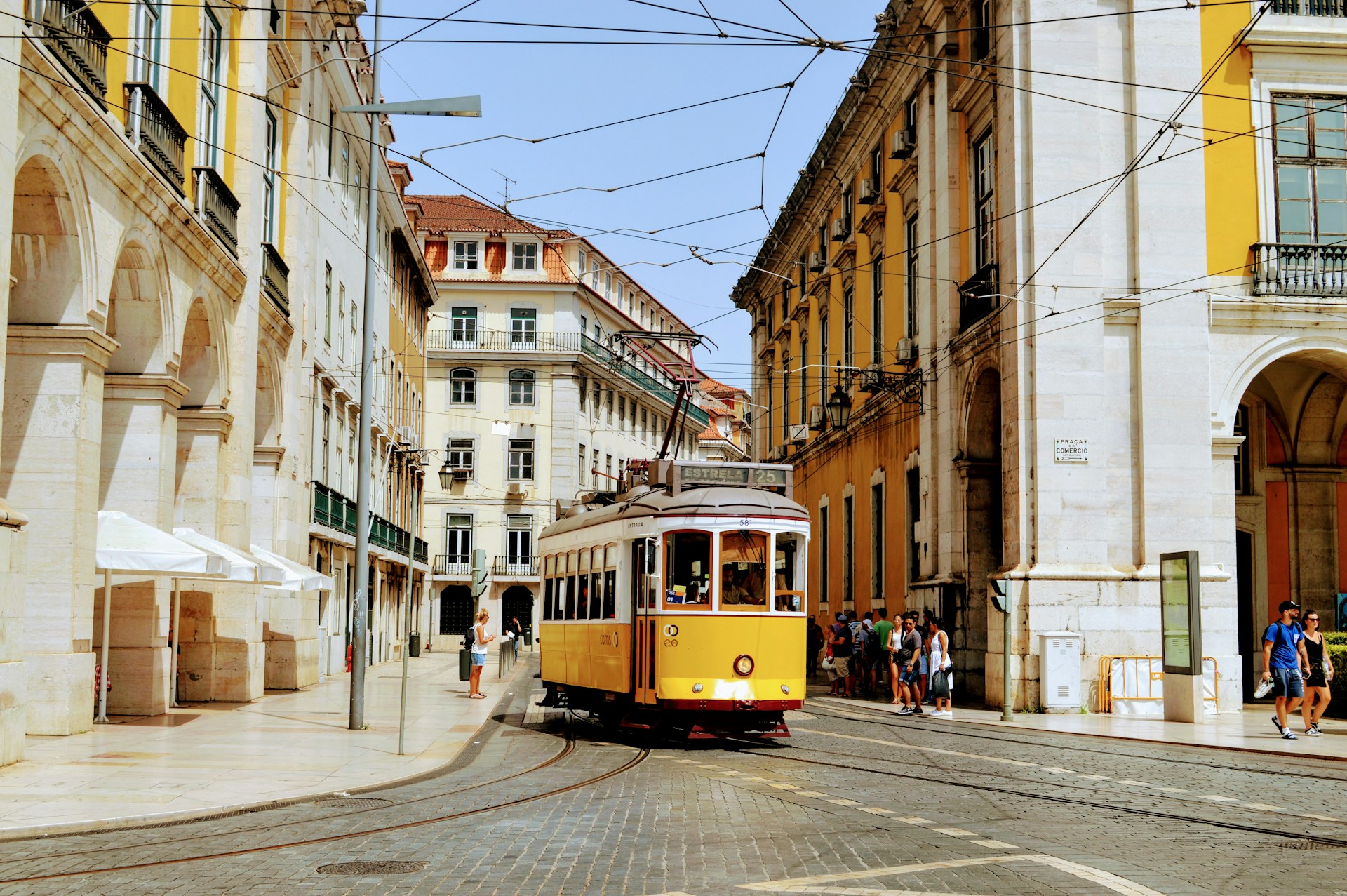
Making Your Decision
The Portugal Golden Visa works exceptionally well for specific investor profiles:
Families seeking European education access and lifestyle options without committing to full-time residence. Business professionals who need flexible European basing for expanding operations. Individuals from countries with limited passport strength who want visa-free Schengen mobility.
It works less well for pure financial return seekers. If your primary goal is maximizing investment returns, traditional asset classes will outperform Golden Visa fund investments.
But investment migration isn’t purely financial. The real value is optionality—freedom of movement, security backup plans, family opportunities, lifestyle flexibility.
Next Steps
If you’re serious about the Portugal Golden Visa, start with a pre-qualification assessment. Experienced advisors can identify potential issues before you commit time and capital.
Document preparation takes 2-4 months typically. Criminal records, financial documentation, translations, apostilles—all must meet specific Portuguese requirements.
Fund selection requires careful analysis. Look at historical performance, management track record, fee structures, and liquidity terms. Remember, you’re locking up capital for 5+ years.
The Portugal Golden Visa remains one of Europe’s premier investment migration programs. The real estate closure actually strengthened the program by aligning it with broader economic development goals.
For investors willing to take a portfolio approach and commit to the 5-year timeline, it delivers unmatched European access combined with remarkably light physical presence requirements.
For more on the latest in lifestyle, culture and travel reads, click here.
